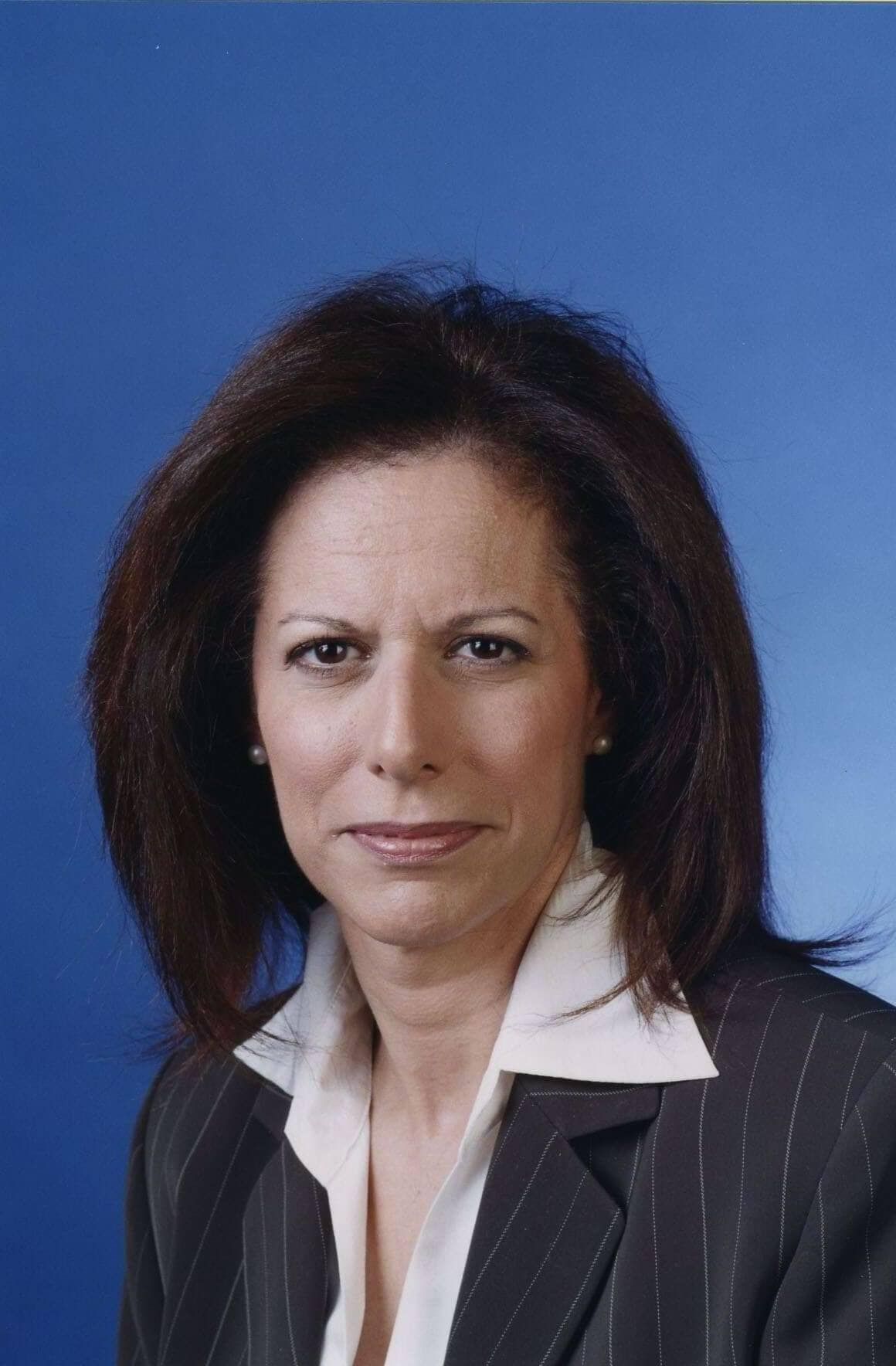In an effort to look at successful strategies currently being applied to the fight against BDS, HonestReporting interviewed Sara Saber-Freedman, Executive Vice President of the Centre for Israel and Jewish Affairs and one of the initial group up of activists who founded BUYcott.
1. HonestReporting: Since the BDS is primarily a tool for turning hearts and minds against Israel, what role does the buycott strategy play in countering the public relations element of the BDS movement?
Sara Saber-Freedman: I would start by agreeing that BDS is really a propaganda tool. While the situation may be different in Europe, in North America most people have never heard of BDS, unless they are already significantly engaged at one or another end of the pro or anti-Israel spectrum. Moreover, the pro-BDS people NEED us to over-react in order to get any kind of media coverage. And in the early days of BDS, the p
may be different in Europe, in North America most people have never heard of BDS, unless they are already significantly engaged at one or another end of the pro or anti-Israel spectrum. Moreover, the pro-BDS people NEED us to over-react in order to get any kind of media coverage. And in the early days of BDS, the p
ro-Israel community was so enraged that we frequently reacted in ways that actually did our opponents’ work for them by providing them with a platform in the mainstream media: we would become the vehicle by which the marginal BDS proponents would reach out to the vast number of people who hadn’t previously heard of BDS.
So BUYcott was conceived of as a three-part strategy: first, to give pro-Israel people something positive and constructive to do that would counter BDS without providing it with additional media coverage; second, to tell the boycott forces that when they try to isolate Israel through BDS that the direct consequence would be to cause MORE sales, MORE trade, MORE support to come Israel’s way; and thirdly, to pioneer the use of social media in support of Israel by providing a democratic platform where any Israel advocate could have the same ability to summon help and organize a campaign. It’s meant to be a kind of judo, in which we take the energy of our opponents and leverage it into a victory for Israel.
There is a current example that I would like to share. In the midst of the Gaza war, an App – conveniently called Buycott – became popular. The app allows people to launch campaigns on a variety of themes, from GMOs to “Made in Italy” products. Then, using the bar code scanner function of your handheld, you can identify those products you either want to purchase or avoid. Needless to say, in the midst of the Gaza war, the campaigns to boycott Israeli goods became quite popular. We took this as an opportunity to use the app for exactly the opposite reason: to get people to use the anti-Israel campaign as a way of identifying those companies and products that were being singled out, and to selectively purchase them.
2. HonestReporting: Even before the Gaza war, there were signs that the BDS movement was gearing up for big battles, especially on college campuses. How do you see the coming year’s fight against the BDS and how will the buycott strategy be part of that.
Sara Saber-Freedman: We need to start here by saying that student resolutions on campuses are entirely symbolic. Student government associations have no role to play in the investment policies of the University foundations or in the policies or partnerships concluded by University administrations. And Canadian Universities, which I know the best, are continuing their relationships with Israel and growing them. That’s because the center of opinion in academia is that academic freedom means that politics shouldn’t prevent people from sharing intellectual pursuits, and because Foundation and pension fund investment policies are driven by generating income, not making political statements. The promoters of student BDS resolutions know perfectly well that these things are just empty gestures; it’s all part of the propaganda effort I mentioned earlier.
One of the things that we do very effectively at BUYcott is to investigate claims that the BDS movement make. So we know for example that some of the BDS resolutions on campus are reversed because the people who brought them forward didn’t respect the rules and regulations that are particular to each campus. In another case several years ago, an Ivy League school with a huge endowment fund sold all the Israeli shares in its “Developing Economies” portfolio. It was claimed by the BDSers as a victory, when in fact the reason was exactly the opposite: Israel’s economy was so good that it no longer qualified as a developing economy as required by the fund. BUYcott is a platform for debunking these false claims. Either directly or through our colleagues world-wide, we have the ability to go straight to the top and get accurate , inside information, and we can share that with our members.
Israel’s economy continues to grow; tourism has been steadily climbing aside from this summer’s drop off because of the war (not BDS); artists continue to travel to Israel to perform (recent examples include the Stones and, this month, Lady Gaga). In short, the BDS propaganda campaign remains exactly that: propaganda. We in the pro-Israel community shouldn’t give our opponents an unearned victory by announcing that this hollow effort is succeeding when, in fact, it is not.

